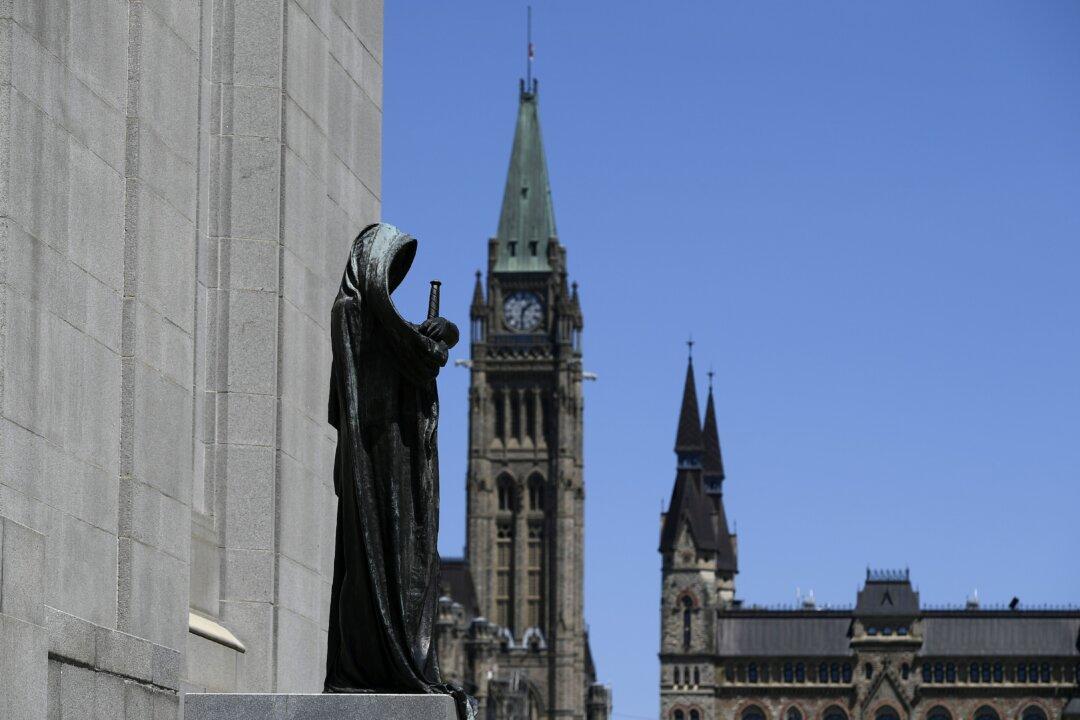Canadian court decisions have been instrumental in prompting lawmakers to open assisted suicide to more Canadians—including to those who are not terminally ill, and soon to those whose sole condition is mental illness.
Before the landmark 2015 Supreme Court ruling that spurred the government to first legalize medical assistance in dying (MAID), helping someone commit suicide carried a penalty of up to 14 years in prison.





